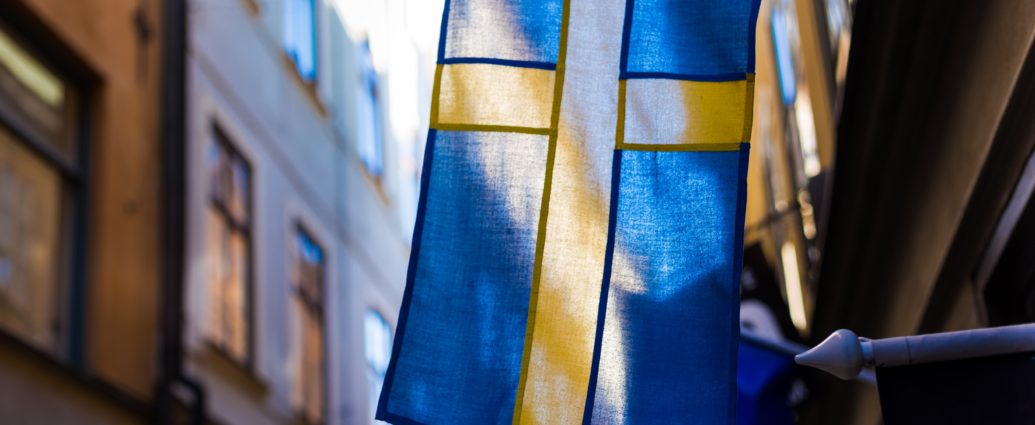As the countries all over the world started to close down the first wave of COVID-19 earlier in March of 2020, Sweden made a different approach. Instead of closing down, they kept their societies open while just encouraging people to wash their hands and stay six feet apart from each other.
This approach was met with angry criticism of it just being an experiment that would sacrifice too many lives. The latter part, unfortunately, ended up being true. By the 31st May, the number of Covid-19 related deaths had reached 4629 with 38,565 total confirmed cases, which in the small population of 10 million in the country is a lot. As of 19th November 2020, the number of deaths has reached 6340, with a total of over 201 000 confirmed cases nationwide.
“his approach to the virus would do more harm than good.”
But even with these numbers of deaths, the chief epidemiologist, Anders Tegnell, refused to adopt the ‘standard’ restrictions from around the world. These include the usage of facemasks in public places or have further restrictions when the number of Covid positive tests got higher. This has resulted in a mix of responses that seem to have split the country in half.
The prime minister of Sweden, Stefan Löfven, gave the Swedish Public Health Agency full freedom in doing what they believed was right. But was that the right thing to do? It has recently been discovered that Tegnell was warned in March by several scientists and epidemiologists from around the world that his approach to the virus would do more harm than good. It would risk the lives of too many people to be worth it.
“the only standing recommendations are to wash their hands and socially distance”
Tegnell’s goal has always been herd immunity. Even though he hasn’t always wanted everyone to know, it has always been obvious in the way that he refused to increase the restrictions around the country. Even though WHO has continuously criticised Sweden for this approach and the lack of lockdowns and face mask usage, nothing seems to have stuck with the Swedish Public Health Agency.
In a recent national press conference, which was the first one when they properly socially distanced from each other by doing it digitally, the government announced that they would keep letting regions make their own recommended restrictions with the recommendations that the Swedish Health Agency is providing. In certain regions that are considered the ‘worst’ at the moment, these recommended restrictions are similar to those of a lockdown, with the exception that it is not mandatory, only recommended. In other regions that are just as bad, the only standing recommendations are to wash their hands and socially distance.
Even though we won’t be able to know what was the right way to prevent Covid-19, seeing as almost all countries in the world have agreed on a similar approach, should not that mean that that is the right one?
Alice Sjöberg
Featured image courtesy of Jonathan Brinkhorst via Unsplash. Image licence found here. No changes were made to this image.

